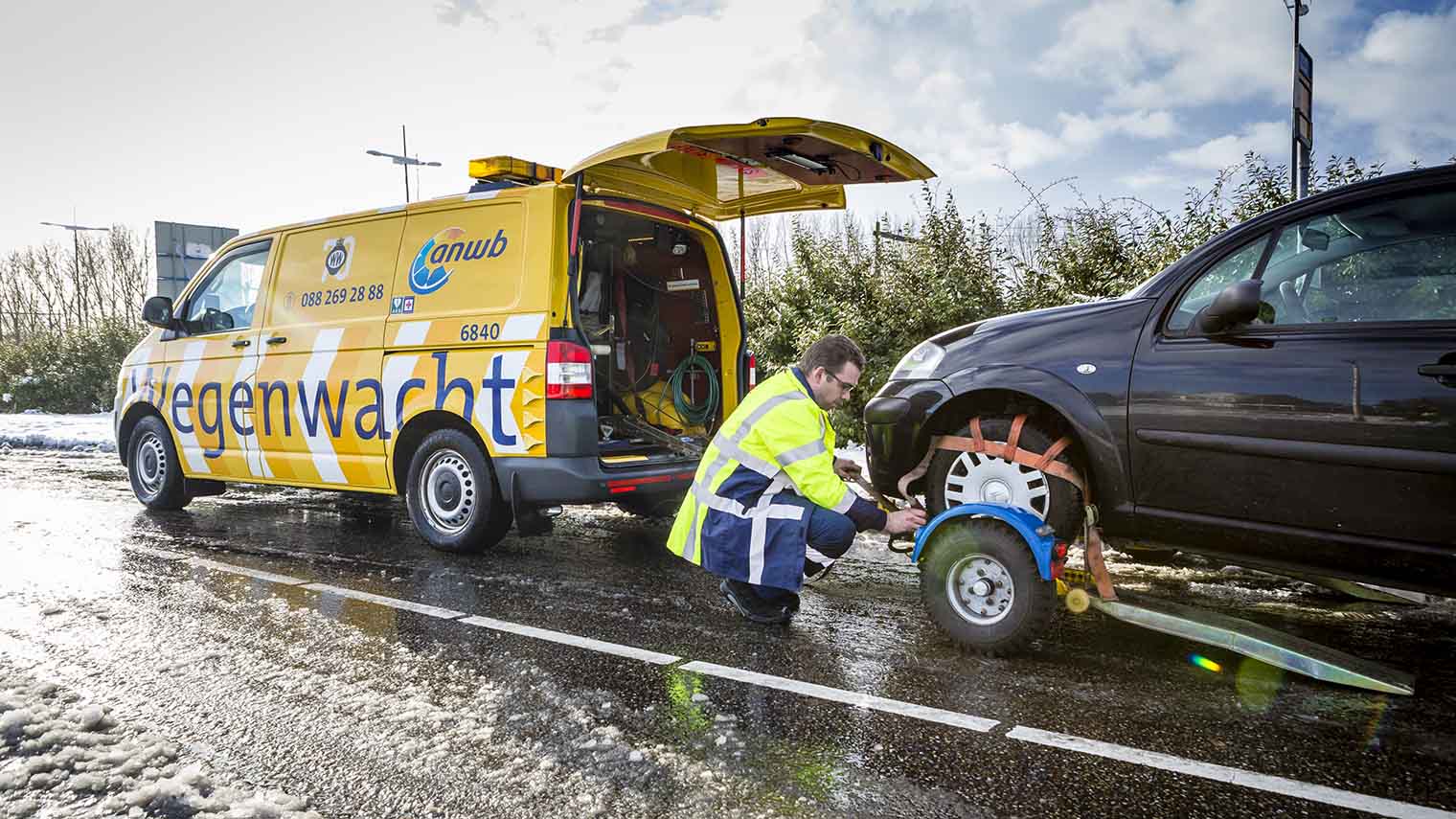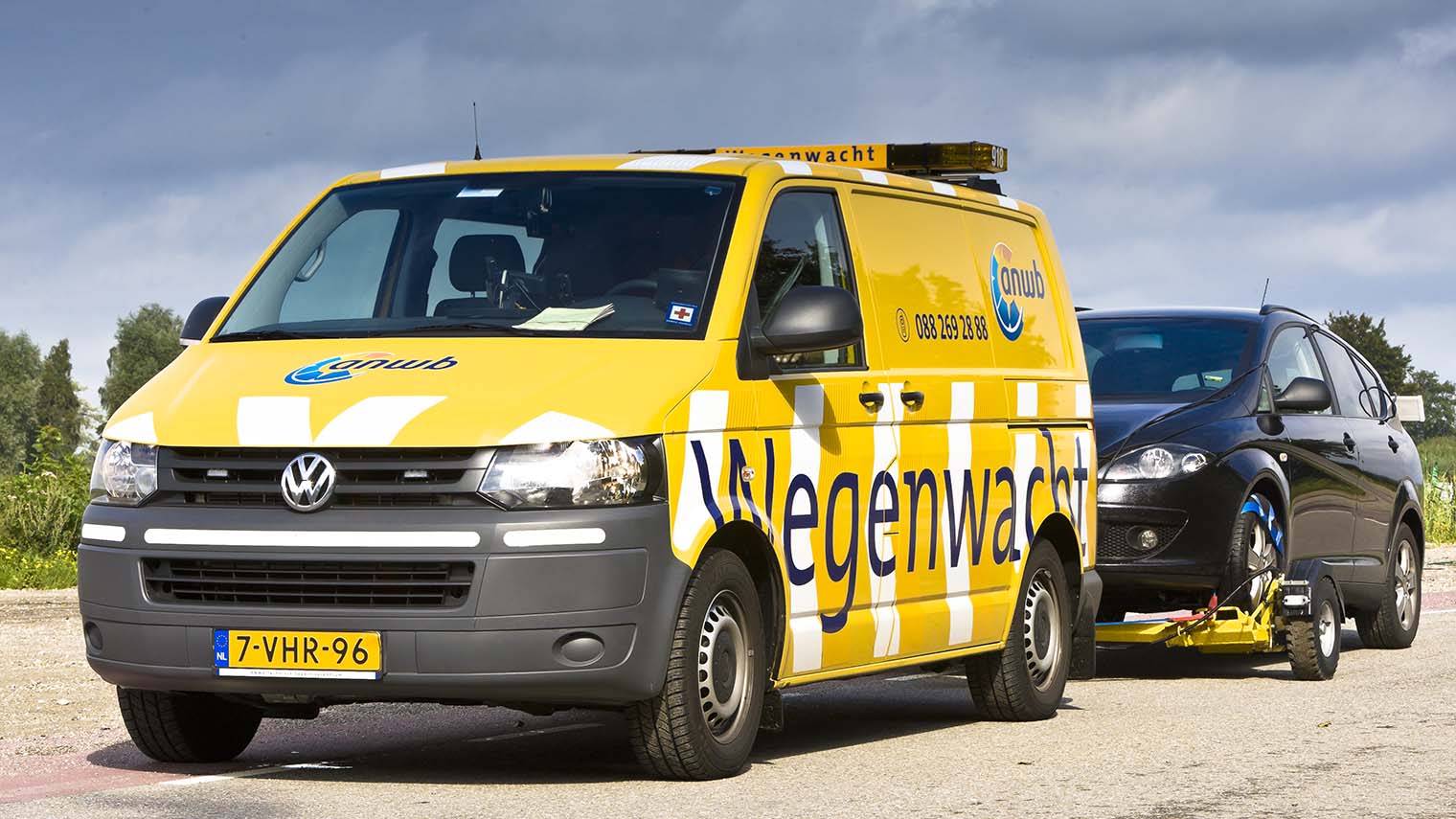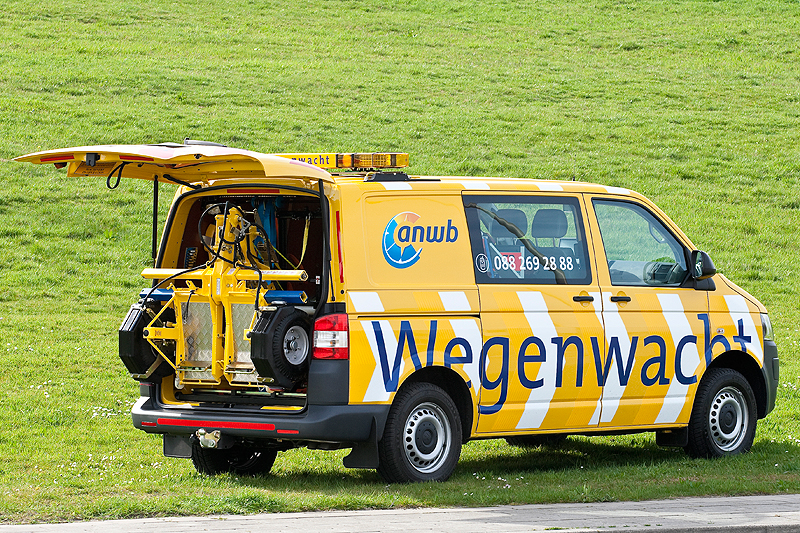

Trifork enables ANWB to leverage the value of an optimally structured platform. It makes the organisation ready to meet its private and business members’ travel assistance needs.
The Royal Dutch Touring Club ANWB has more than 4 million members. It represents their interests relating to mobility, holidays and leisure time through its unique mix of activities. ANWB facilitates its members’ desire to move and travel freely and enjoyably by providing a wide range of products and services. Through these activities, ANWB is dedicated to helping realise sustainable development of society.
ANWB’s mission is more relevant than ever in today’s rapidly changing world. People want to travel easily and enjoyably and enabling this is at the heart of everything the organisation does.
(photos: ANWB image library)

ANWB has been assisting its members since 1883, with Roadside Assistance as the most well-known service. While the membership has traditionally comprised primarily private members, the business market has shown rapid growth in recent years. Examples include lease companies and car importers who purchase assistance for their customers from ANWB.
The organisation is committed to serving its business customers with customised solutions for their fleet. This is why providing real-time insight and advice is vitally important. This places high demands on the technology in terms of its scalability and adaptability. This led ANWB to begin creating a new technology platform for its assistance services in 2013. The ANWB emergency services chain uses it to provide assistance to contractors and members in line with the applicable service agreements and logistical and financial agreements.
The ‘Flow’ application forms the heart of the platform. The emergency services chain uses this application to record breakdowns and damage reports from both private members and business market clients. All assistance is managed and reported within this system.


‘Trifork was able to show us the way and guide us in making the right choices at the crucial moment. We still reap the benefits of this today.’
Wim De Haan
Flow Product Owner
ANWB employed the scrum methodology using the Java Spring Framework to work on constructing ‘Flow’ for nearly a year. The management felt, however, that the project was not running smoothly and was concerned about the application not being future-proof.
Trifork, as a well-known Java Spring Framework specialist, was approached by the organisation and asked to evaluate the project and provide advice and recommendations based on the current status and developments.
Considering the future service requests and overall market developments, the main recommendation ensuing from this evaluation was to use a more appropriate software architecture. This was based on the high demands on adaptability and complexity needed for Flow. Trifork recommended that ANWB use Domain Driven Design, Event Sourcing and Command-Query Responsibility Segregation (CQRS).
Following up on this advice, the organisation asked Trifork to proceed with implementing the recommended elements. Trifork provided a software architect and a development team to introduce Flow to the architecture in the short term. The Axon Framework was used as the basis for this implementation. It was selected because it would provide the required scalability and adaptability.
The Trifork team worked closely with the ANWB developers to set up the new architecture with the recommended Domain Driven Design, Event Sourcing and Command-Query Responsibility Segregation (CQRS).
The new architecture proved to be successful in practice. The Trifork team was gradually phased out of the project and transferred Flow to ANWB, which took over control of the Flow management and development. The development teams are now fully staffed with the organisations own employees.

As with all modern software, the development of Flow is an ongoing process due to new customers, new requirements, requests and insights. Flow currently supports more customers and cases than originally predicted and the platform operates trouble-free, with the expandability and adaptability substantially exceeding expectations.
ANWB has stored about 75 million events since 2014. This constitutes a unique database. While it used to be only very valuable with respect to tracking and tracing, it is now also an outstanding information resource for providing advice and predicting demand with respect to assistance services for example. Trifork and ANWB are currently exploring the possibilities of using Artificial Intelligence and Machine Learning as a means of extracting the greatest added value for ANWB from this data.

Subscribe
Find out the latest news first
Content